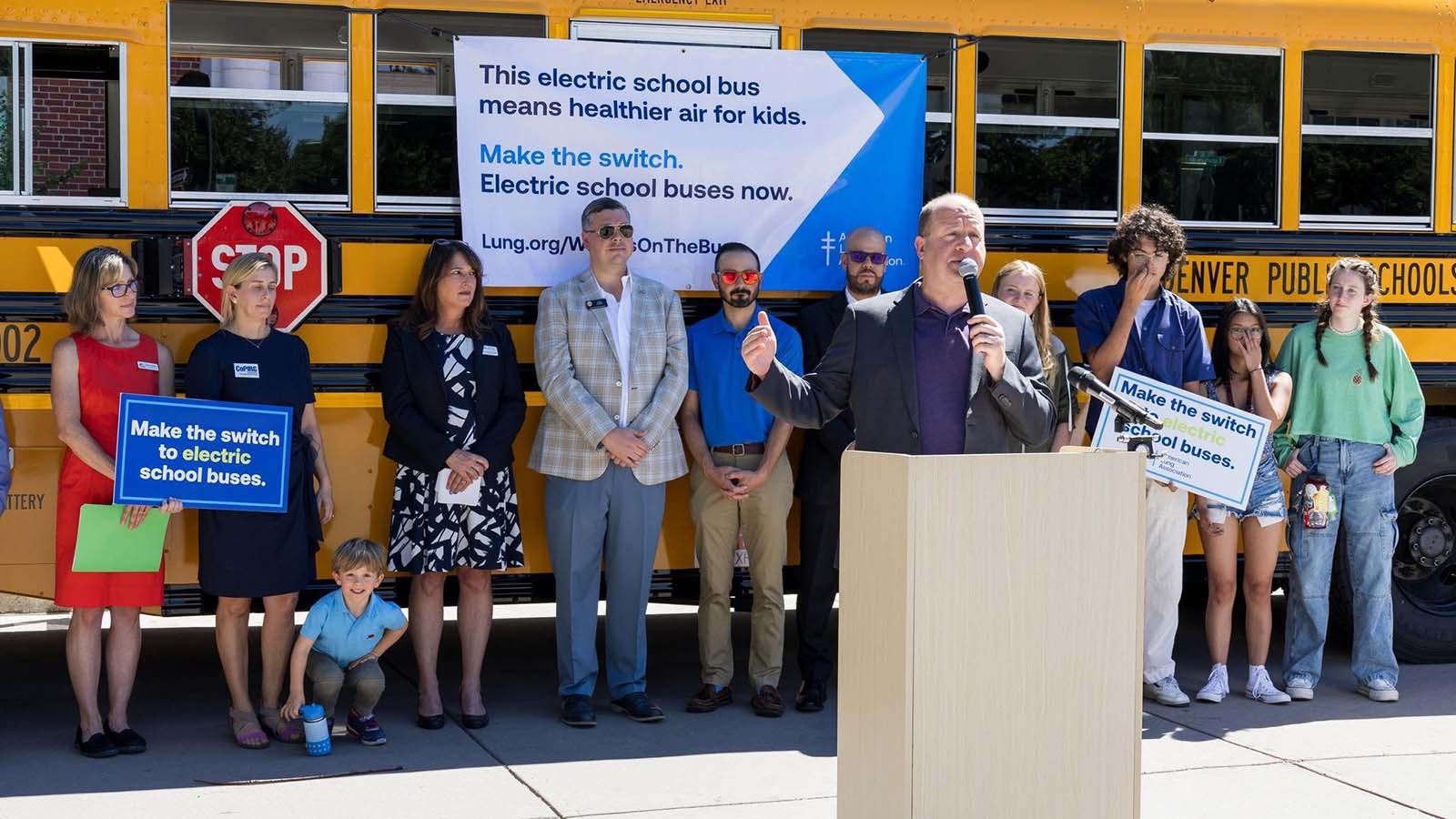
Continue funding electric school buses to 100%
Federal tax credits (through direct pay) and other resources are available right now for mosques, churches, synagogues and other places of worship to add solar on their buildings
Updated
Send a message
Whether it’s acting on their faith to help the planet or reducing their electricity bills, installing solar panels is a great way for churches, synagogues, mosques and other places of worship in Colorado to take action.
That opportunity now comes with a lower price tag thanks to the federal Inflation Reduction Act (IRA), which passed in 2022. For the first-time ever, faith-based, tax-exempt entities can take advantage of clean energy tax credits.
The IRA includes tax credits for faith-based, tax-exempt entities that can cover at least 30% of the cost of solar installation.
These tax credits are what’s known as “elective pay” but is more commonly known as “direct pay.” They kick in for projects this year.
Our friends at Environment America describe it this way:
Make sure you contact your tax advisors for expert assistance.
The White House has a website to walk through the detailed steps here. Generally, they are:
You can get more than 30% of your project covered if you meet certain benchmarks including:
Places of worship may also be able to receive direct pay credits for electric vehicles, geothermal, energy storage and combined heat and power.
Shopping around for the right solar installer
Funding options for solar energy – While at least 30% of the cost of your solar energy system can be covered, raising the remaining sum can seem daunting.
Yes.
In Denver, the Office of Climate Action, Sustainability, and Resiliency (CASR)’s Renewables and Resilience Program can fund up to 100% of the costs associated with installing solar panels, battery storage and EV charging. Applicants must be a Human Service Provider and places of worship are eligible.
Eight entities received awards in 2023 including Colorado Family Church.
Places of worship should also contact their local utility, which often have incentives and programs that can help reduce energy waste, transition to electric vehicle fleets and upgrade heating systems to heat pumps.
Colorado also has financial assistance for weatherization – eliminating energy waste. Currently the program targets individuals so we encourage places of worship to share this information with their congregations.
Danny has been the director of CoPIRG for over a decade. Danny co-authored a groundbreaking report on the state’s transit, walking and biking needs and is a co-author of the annual “State of Recycling” report. He also helped write a 2016 Denver initiative to create a public matching campaign finance program and led the early effort to eliminate predatory payday loans in Colorado. Danny serves on the Colorado Department of Transportation's (CDOT) Efficiency and Accountability Committee, CDOT's Transit and Rail Advisory Committee, RTD's Reimagine Advisory Committee, the Denver Moves Everyone Think Tank, and the I-70 Collaborative Effort. Danny lobbies federal, state and local elected officials on transportation electrification, multimodal transportation, zero waste, consumer protection and public health issues. He appears frequently in local media outlets and is active in a number of coalitions. He resides in Denver with his family, where he enjoys biking and skiing, the neighborhood food scene and raising chickens.